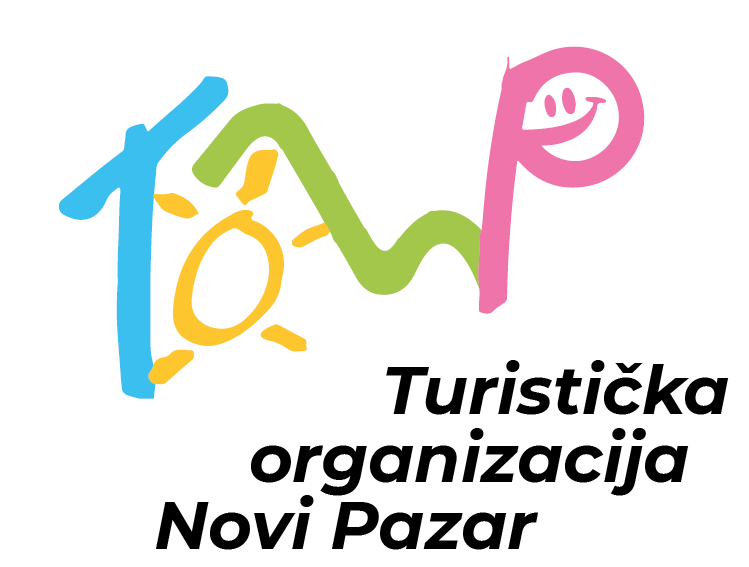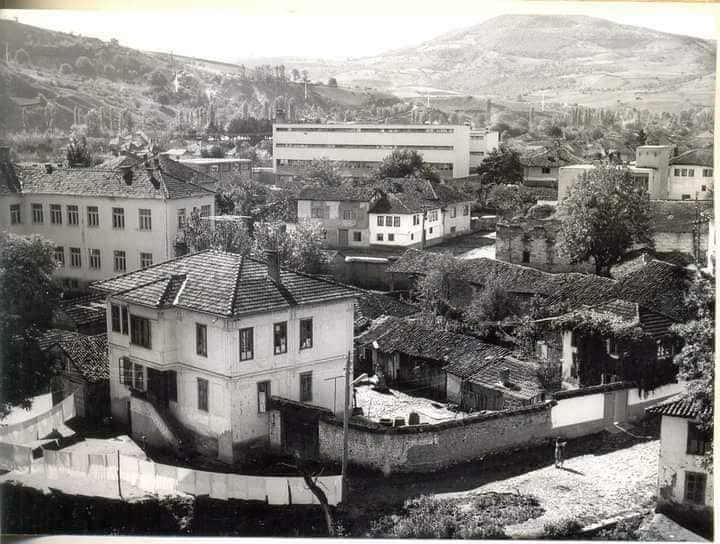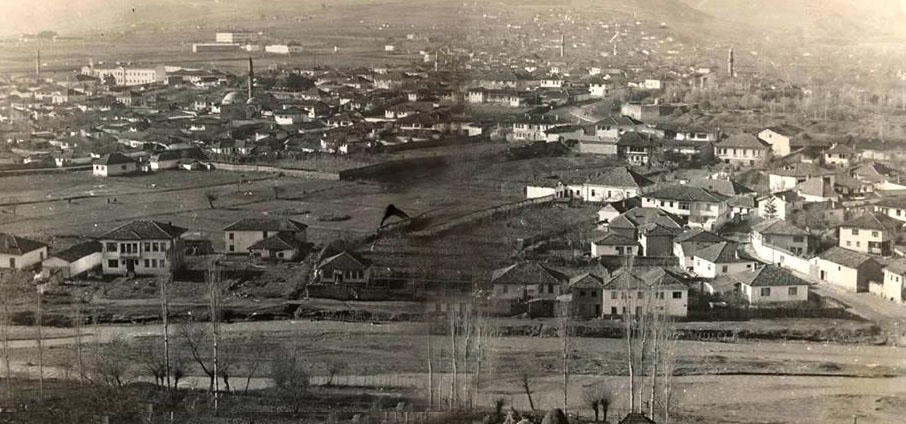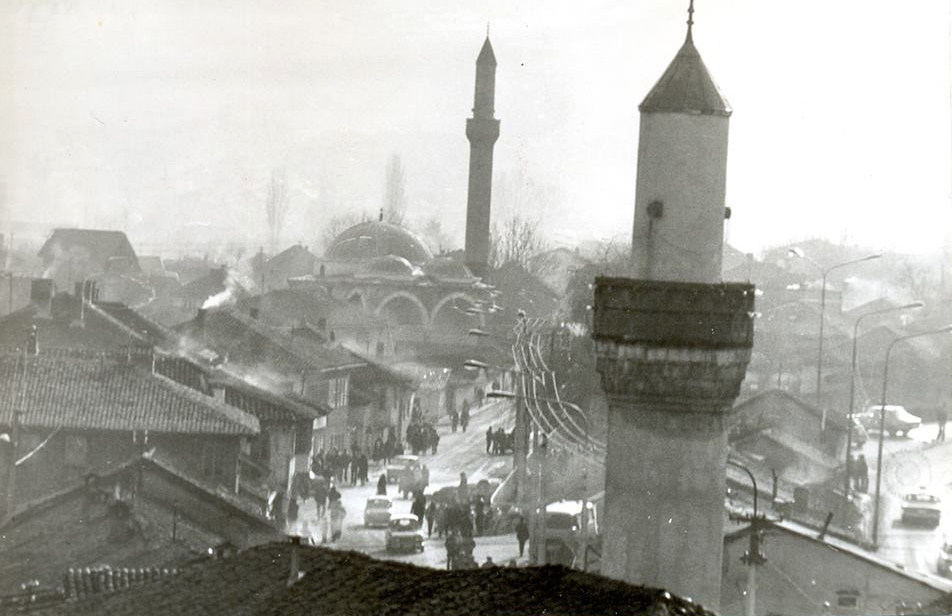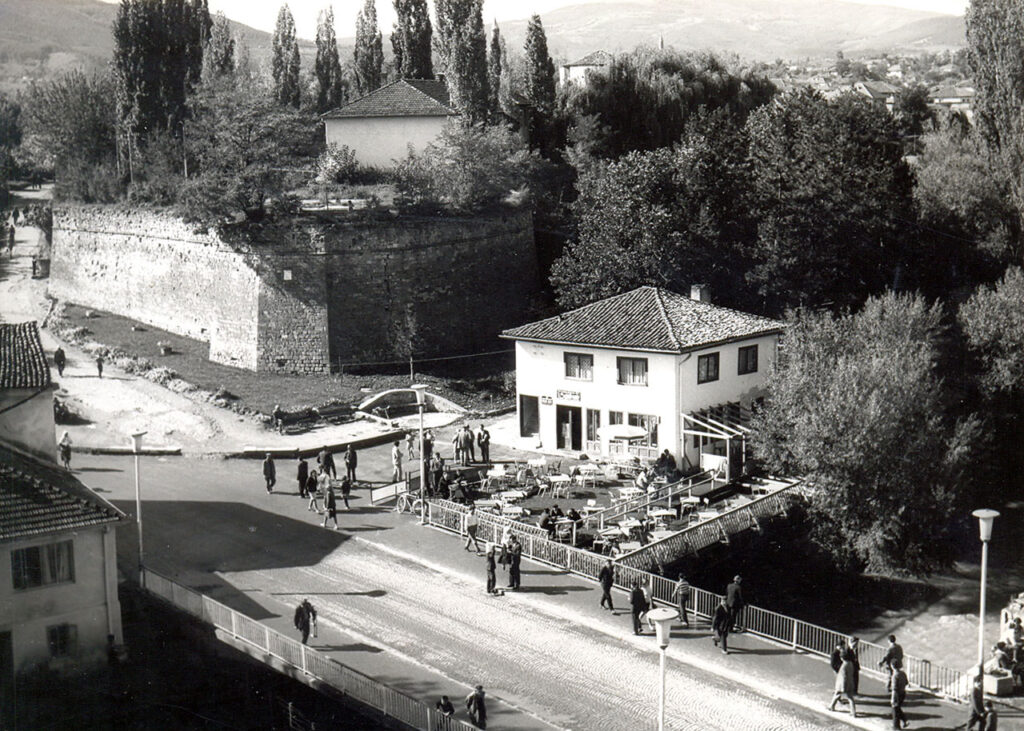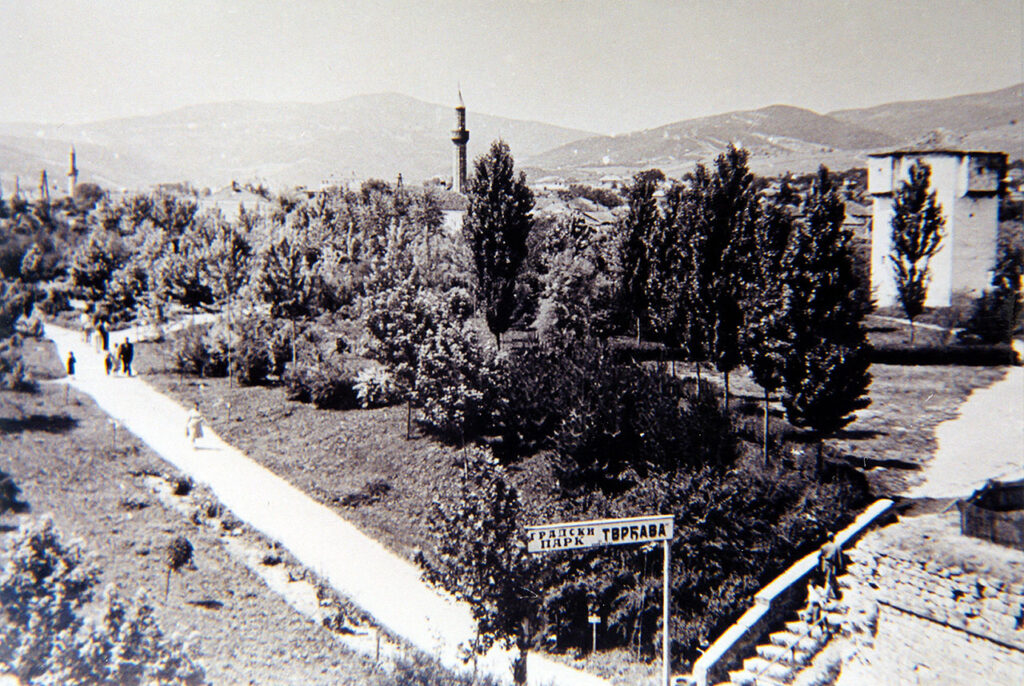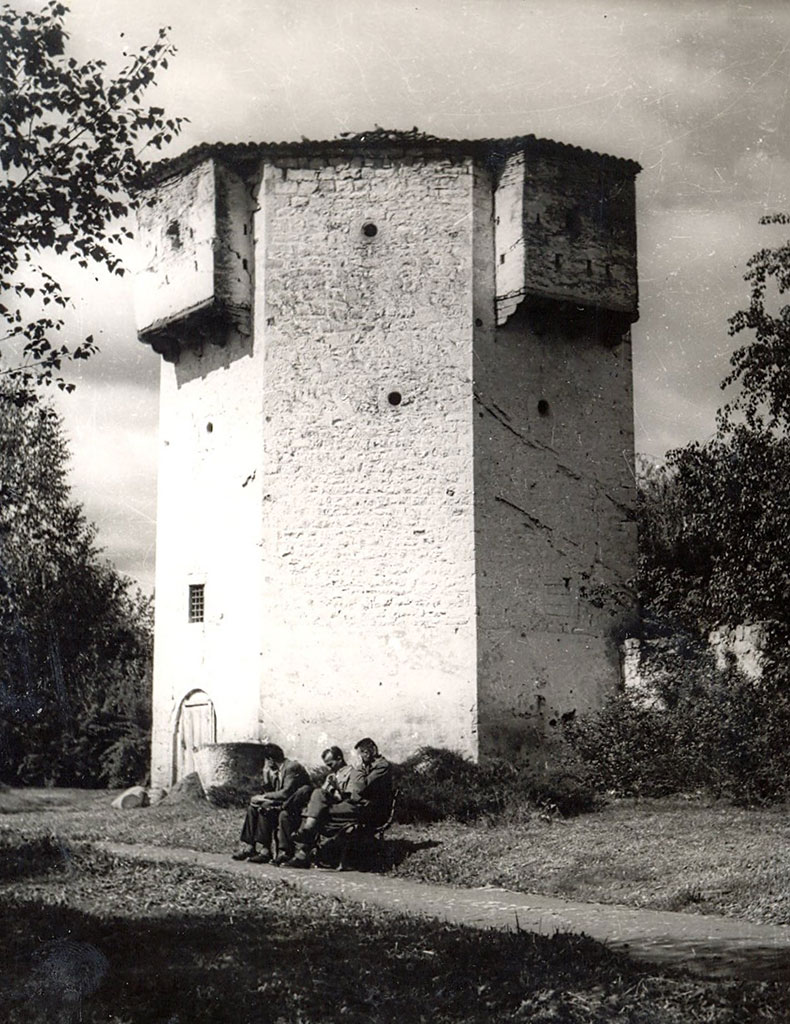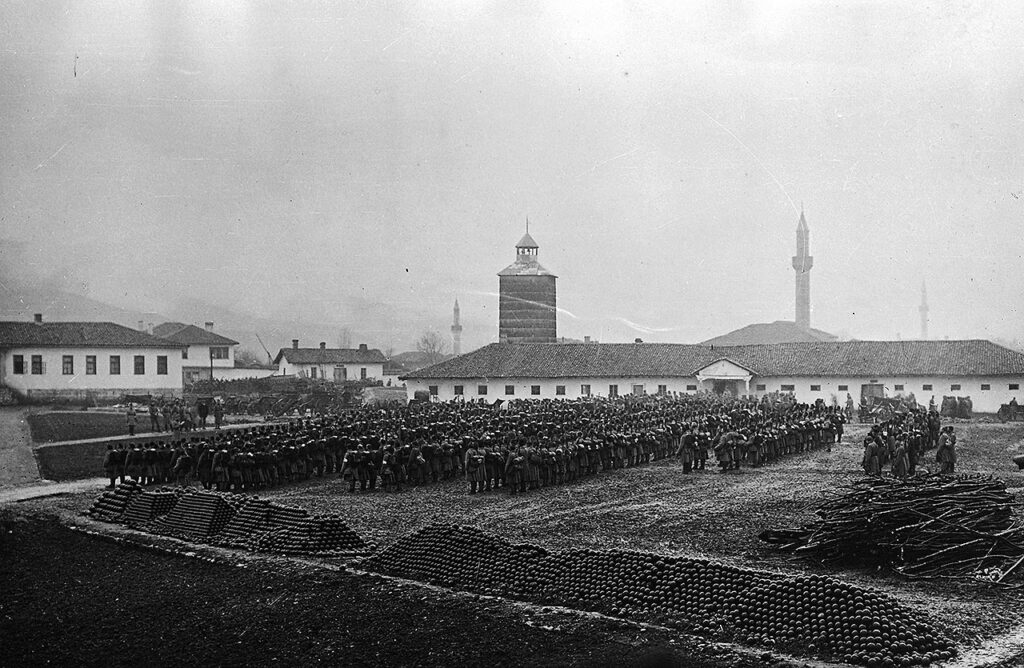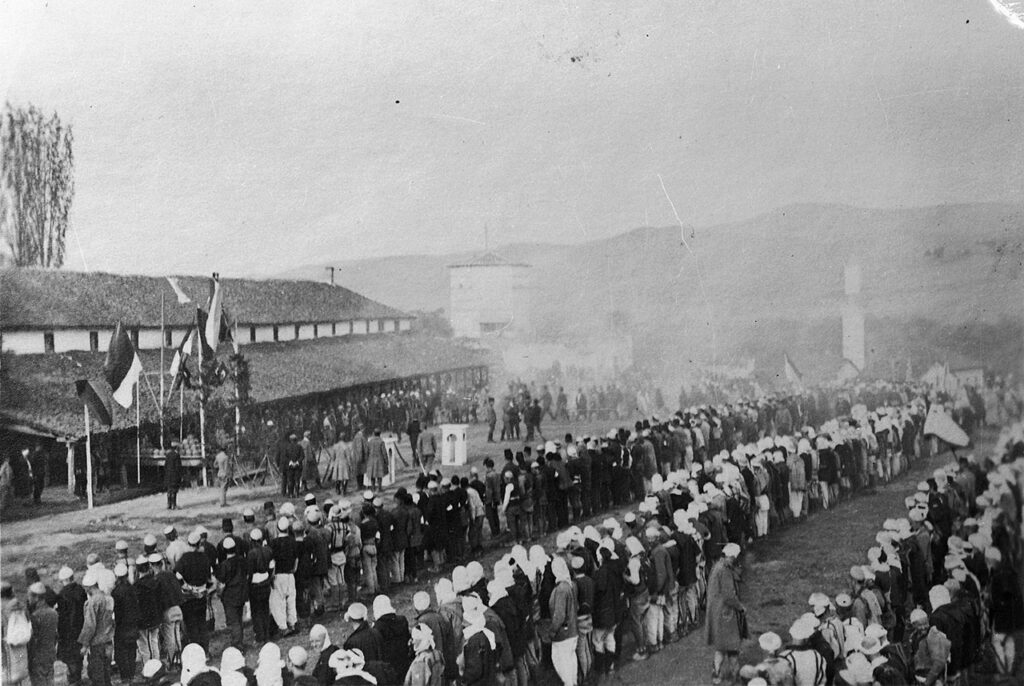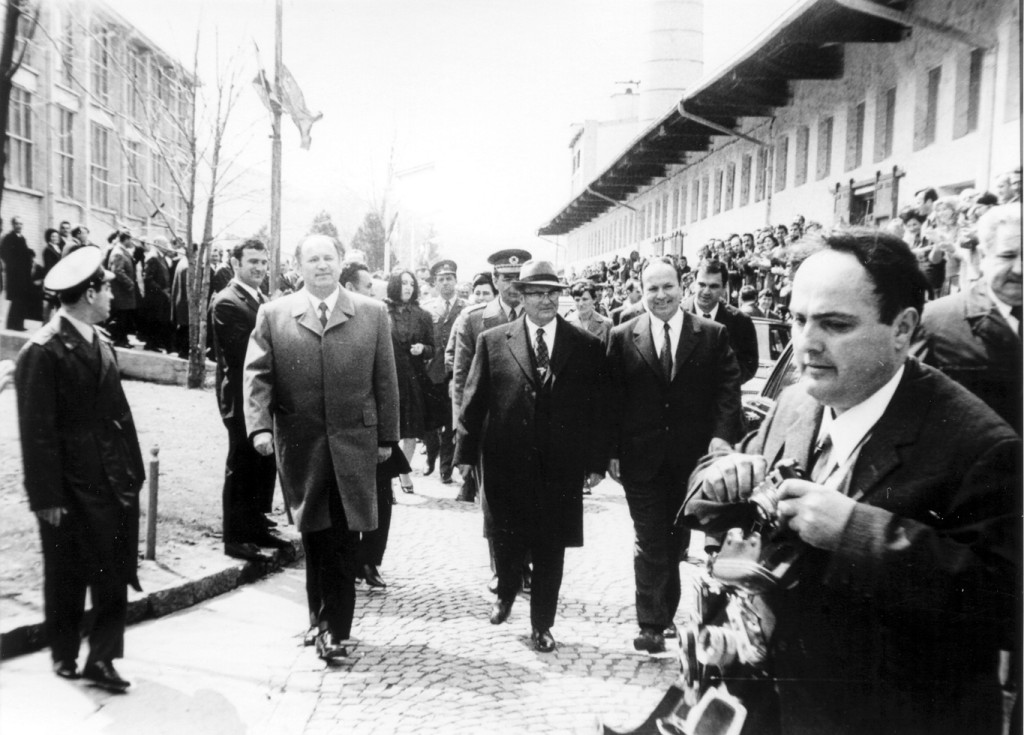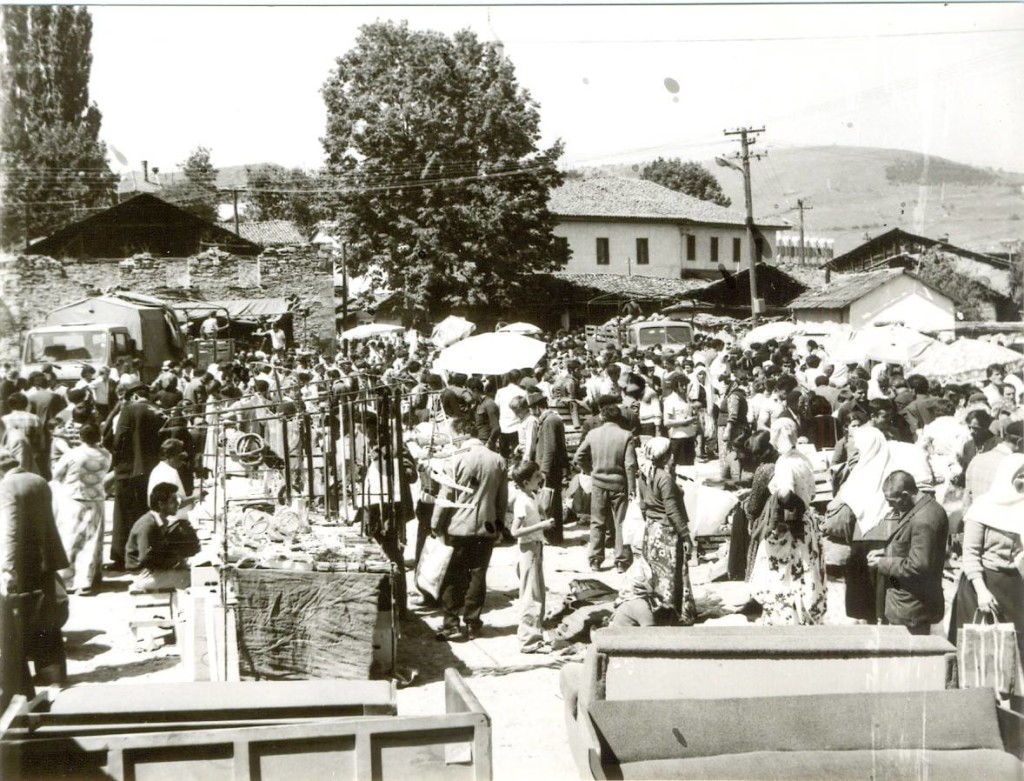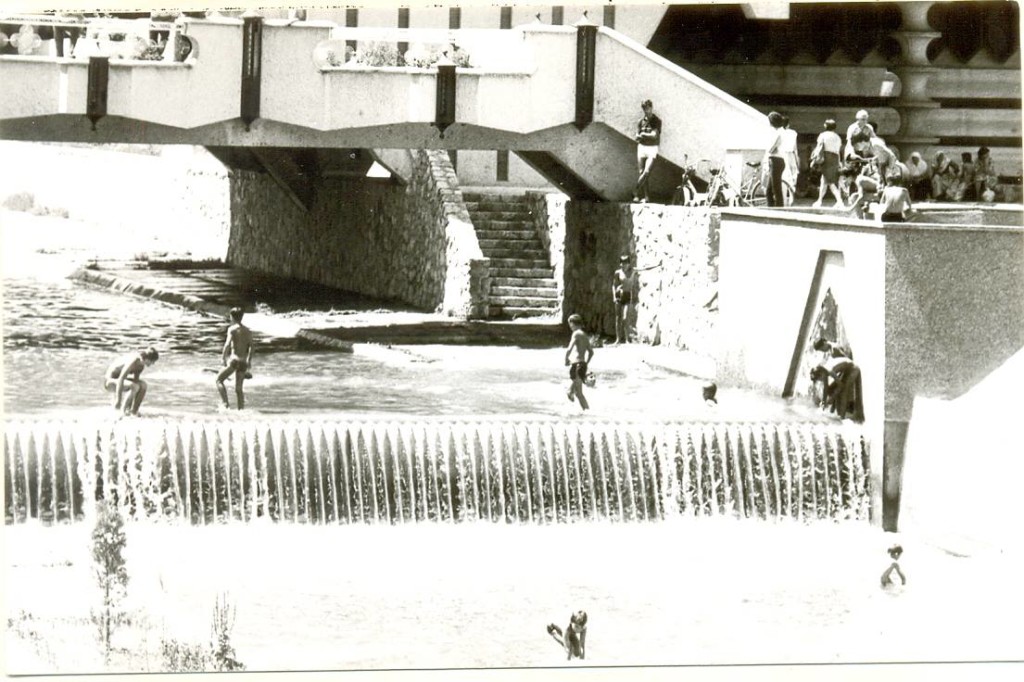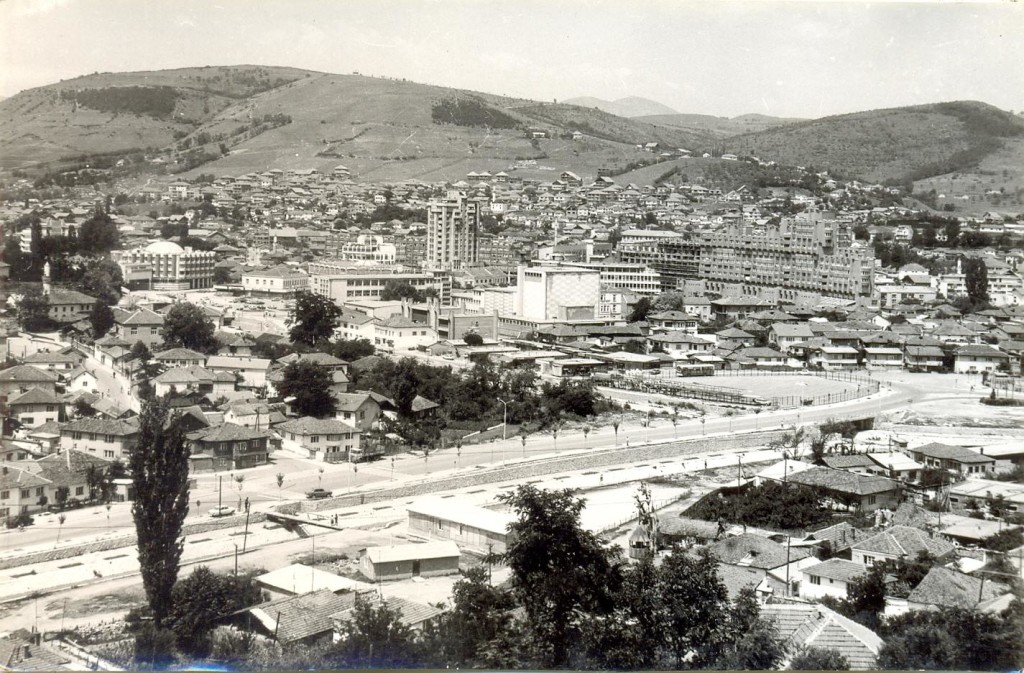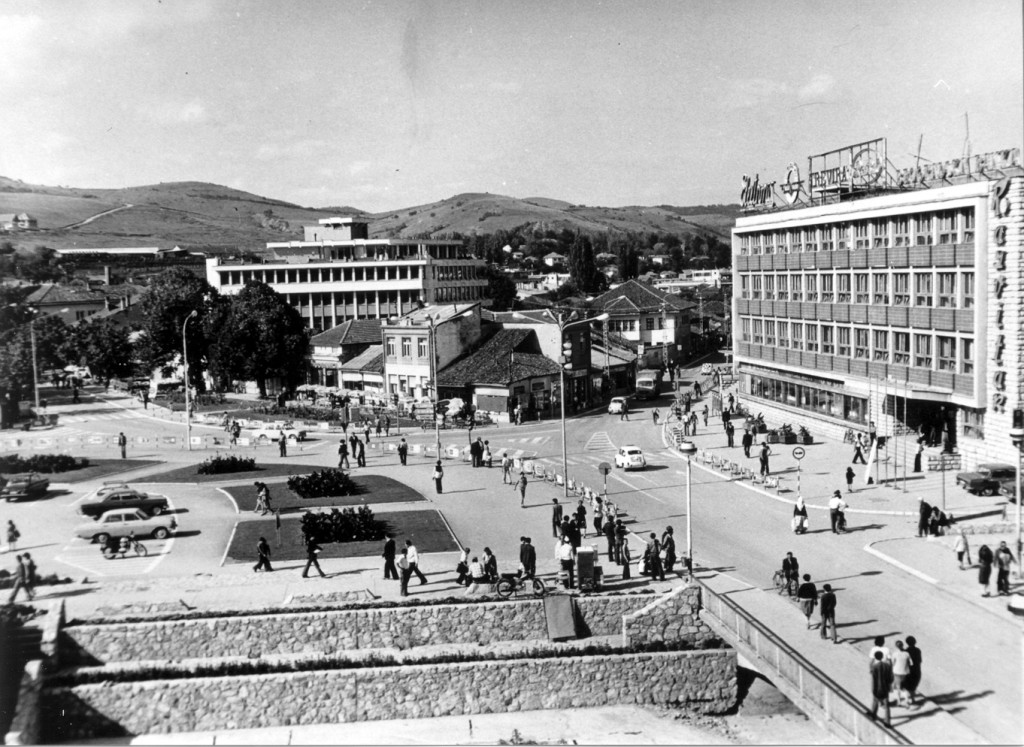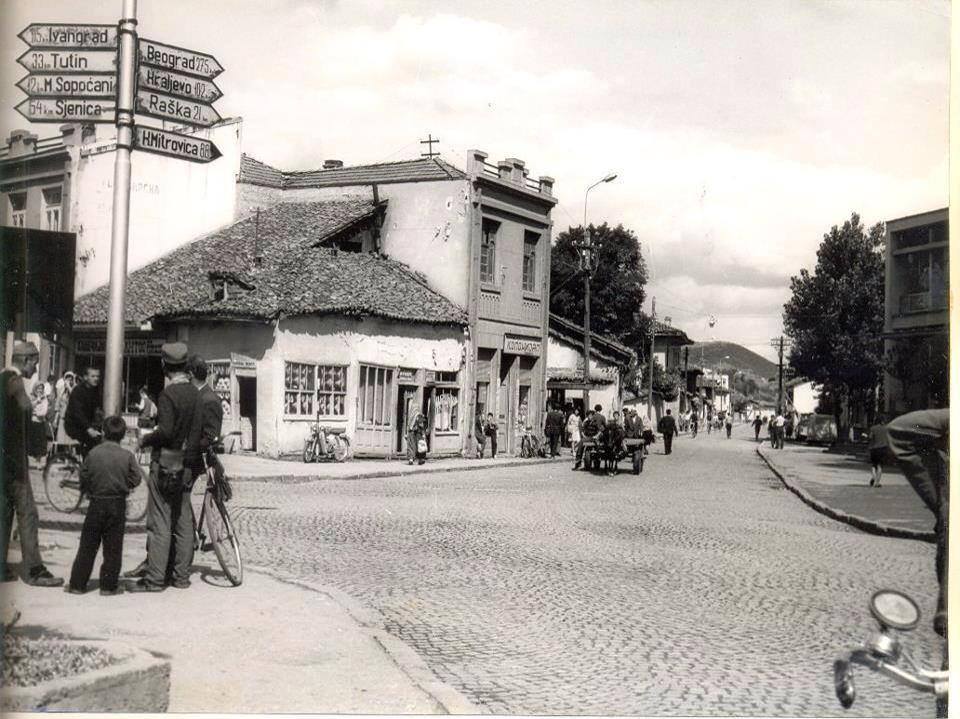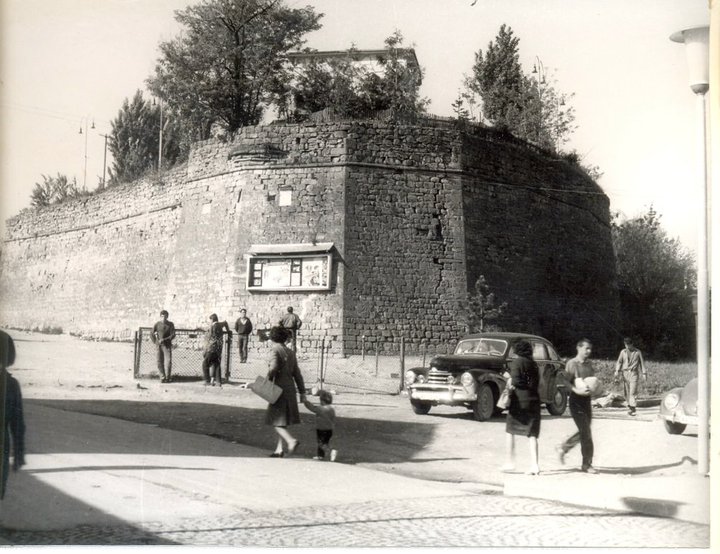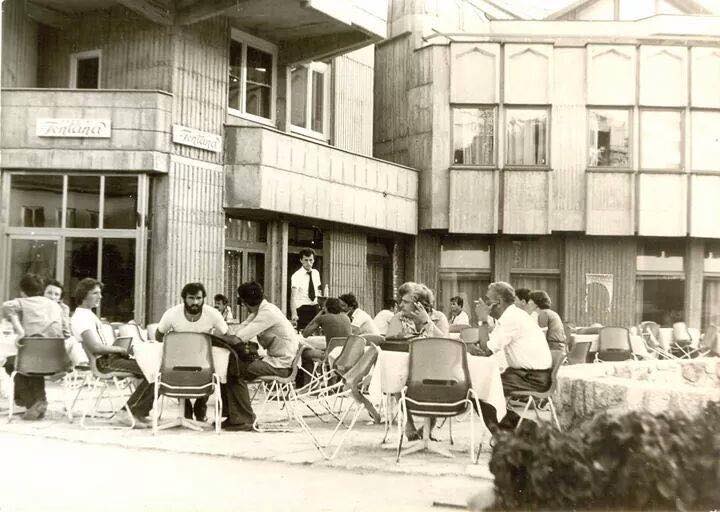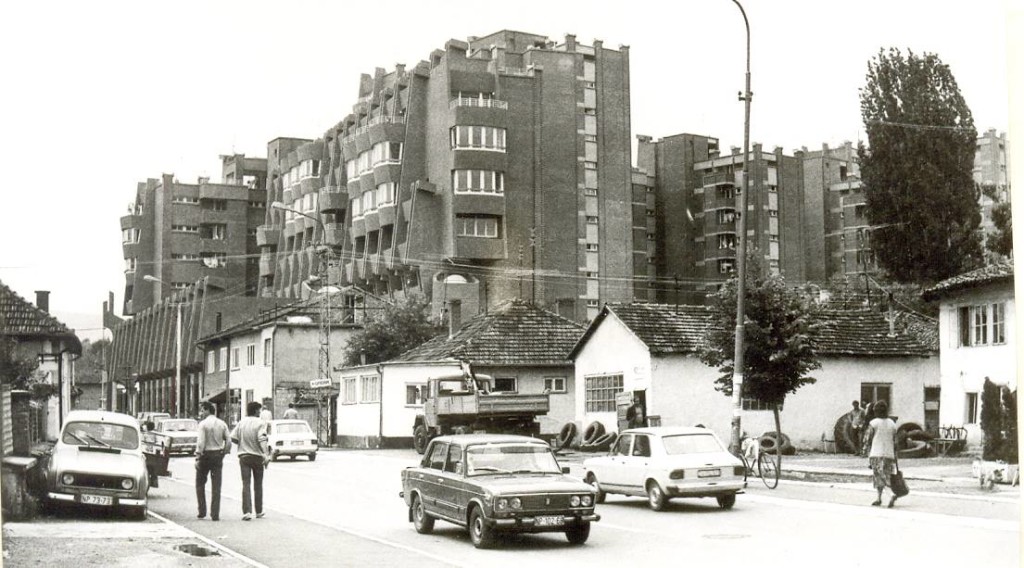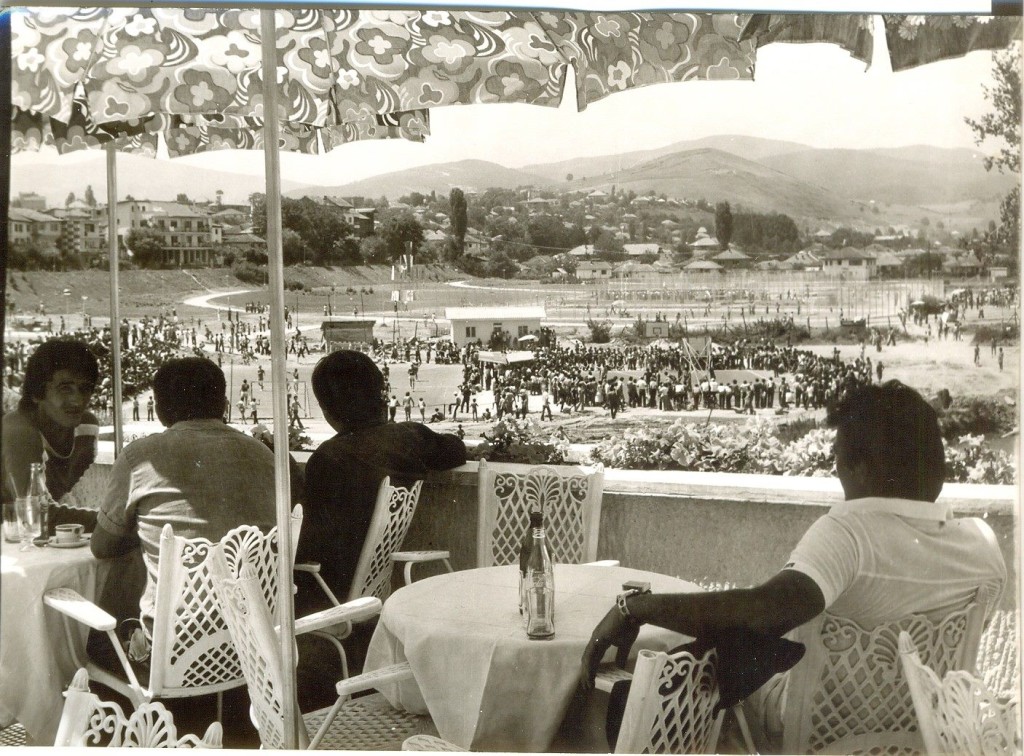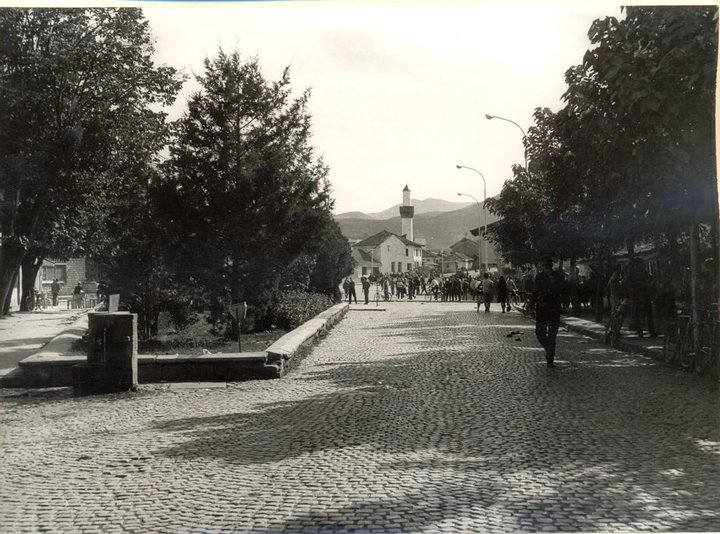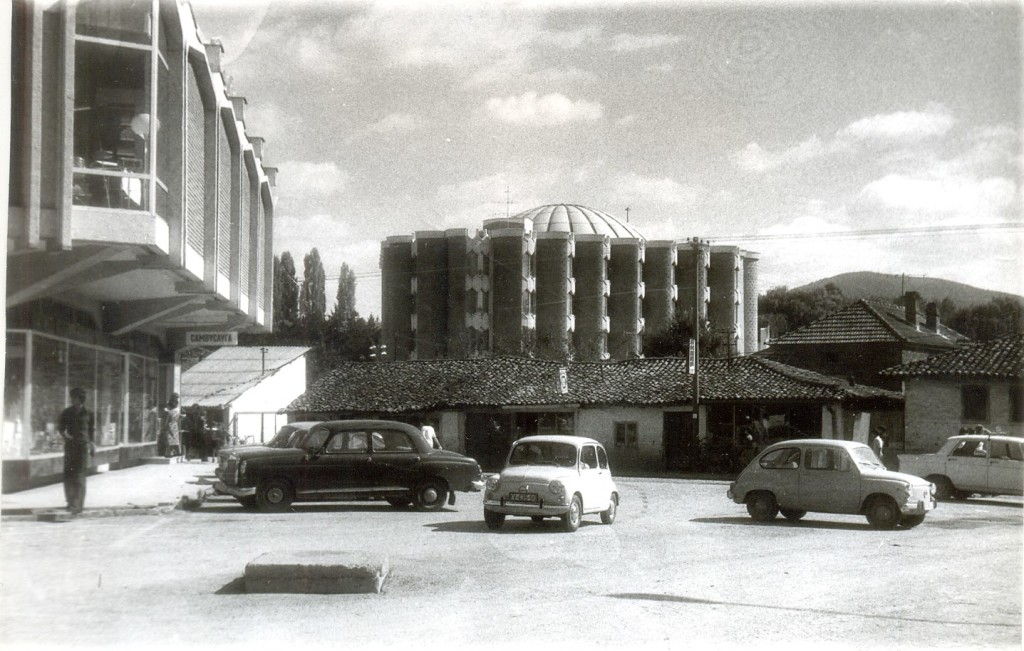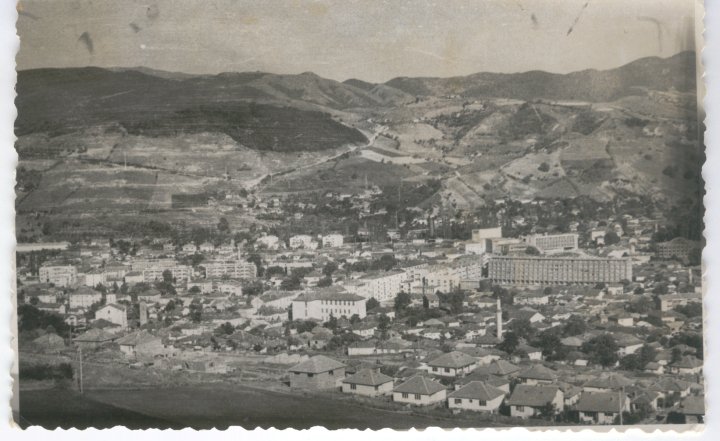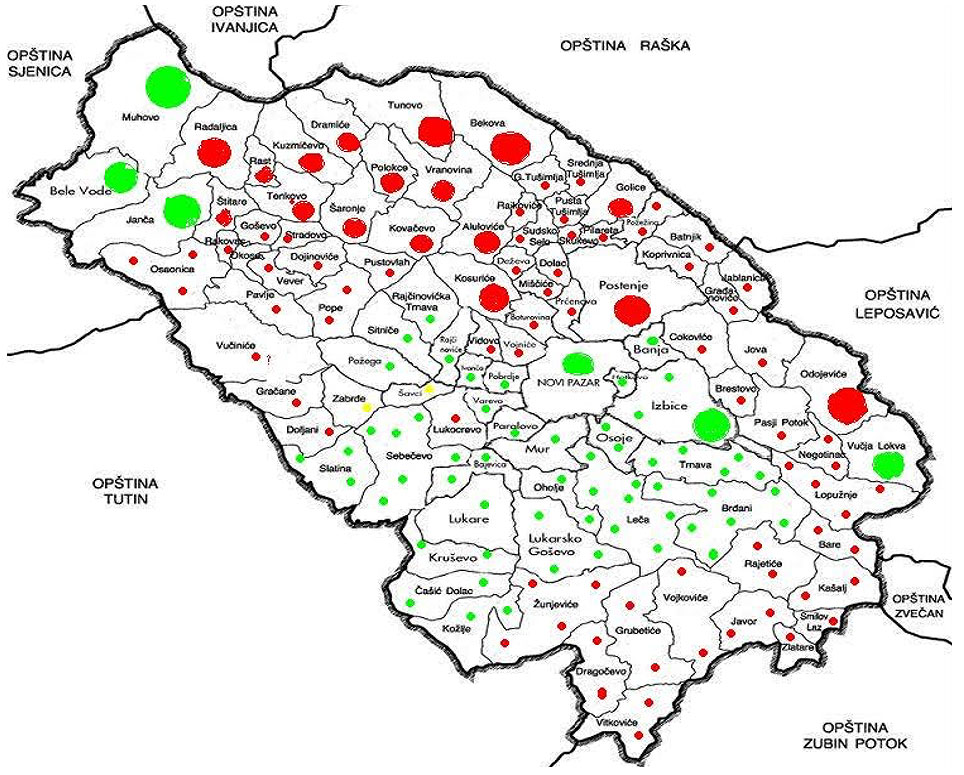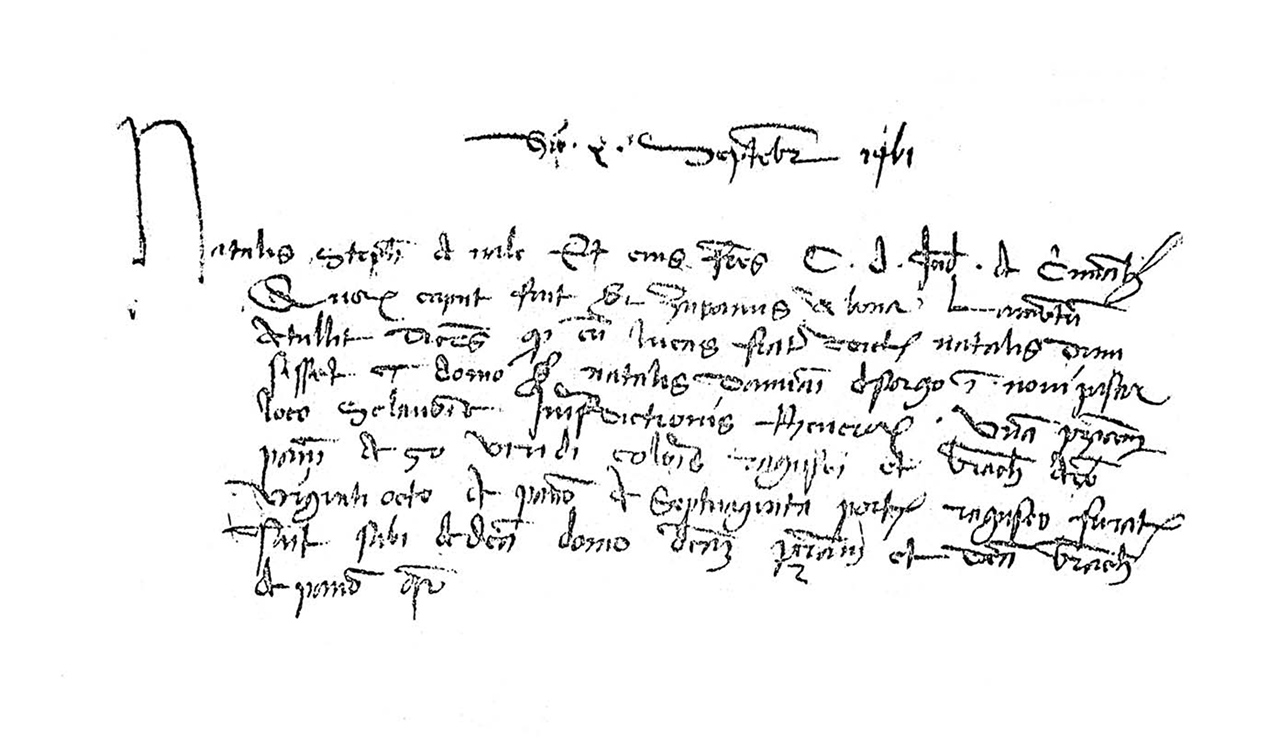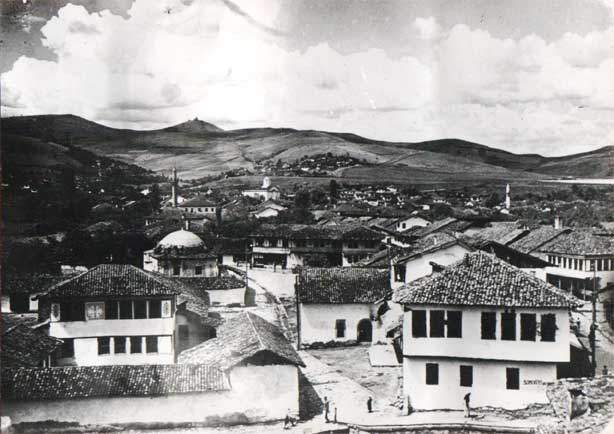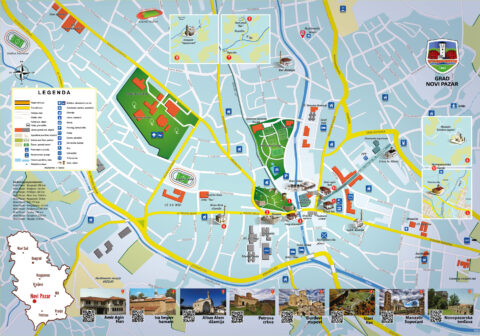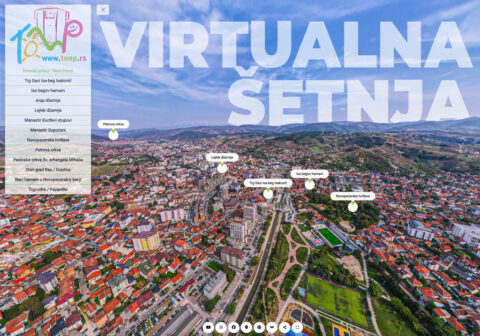Novi Pazar is a unique multi-ethnic place where western and eastern civilizations meet at one place.
About The People And The City
Novi Pazar
The founder of Novi Pazar is Isa-bey Ishakovic, who built the city in the middle of the XV century in the immediate vicinity of the medieval settlement Trgoviste, known as Ras. Located on a flat area in the middle of Novi Pazar Field, Novi Pazar was originally anticipated as a base for further Ottoman incursions to the north.
Between 1459 and 1461, the foundations of the city at the confluence of Josanica and Raska were laid and it was named Yeni Bazar, i.e. Novi Pazar. Important roads connecting Dubrovnik, Bosnia and the southern coast with Thessaloniki and Constantinople were passing through. From the very beginning, the city had the physiognomy of an oriental settlement, and because of its size and importance, it was called Seher, which was an epithet borne by only few cities in the Balkans. In the center of the town there was a bazaar with shops of artisans and merchants.
Novi Pazar Through Time
Exceptional geographical position
Surrounded by the heights of Golija, Rogozna and Pester Plateau, Novi Pazar is located in the basin of the equal name, whose physiogeographical structure of river valleys and gorges has natural predispositions for connections with the immediate and wider environment.
The exceptional geographical position predestined the population to engage in trade as their main occupation since ancient times, which is how the city itself got its name. According to the 2011 census, Novi Pazar has 109,327 inhabitants. According to unofficial data, Novi Pazar has over 120,000 inhabitants.
Novopazar settlements
Aluloviće, Bajevica, Banja, Banovica, Barakovac(Barakovci), Bare, Batnjik, Bekova, Bele Vode, Boturovina, Brđani, Brestovo, Cokoviće, Čašić Dolac, Čedinac, Čivtanovo, Dolac, Čerkez mahala, Ćeramidžinica(Ćeradžiminica), Dedilovo, Deževa, Deževski put, Dojinoviće, Dolac, Doljani, Dragočevo, Dramiće, Dannilov Put, Gazilar, Golice, Gornja Tušimlja, Goševo, Građanoviće, Gračane, Grubetiće, Hadžet, Hotkovo, Ivanča, Izbice, Jablanica, Janča, Javor, Jelačiće, Jova, Kašalj, Koprivnica, Kosuriće, Koškovo, Kovačevo, Kožlje, Kruševo, Kuzmičevo, Leča, Lopužnje, Lukare, Lukarsko Goševo, Lukocrevo, Miščiće, Muhovo, Mur, Negotinac, Novi Pazar, Odojeviće, Okose, Osaonica, Osoje, Oholje, Parice, Paralovo, Pasji Potok, Pavlje, Pilareta, Pobrđe, Požega, Požežina, Polokce, Poljice, Pope, Postenje, Prćenova, Prisoje, Pusta Tušimlja, Pustovlah, Radaljica, Rajčinoviće, Rajčinovićka, Rajetiće, Rajkoviće, Rakovac, Rast, Rogatac, Sebečevo, Selakovac, Sitniče, Skukovo, Slatina, Skrezomna Bericka, Smilov Laz, Srednja Tušimlja, Stradovo, Sudsko Selo, Svilanovo, Šavci, Šaronje, Štitare, Šutenovac, Šestovo, Tenkovo, Trnava, Trošnica, Tunovo, Tvrđevo, Varevo, Vever, Vidovo, Vitkoviće, Vojkoviće, Vojniće, Vranovina, Vučiniće, Vučja Lokva, Zabrđe, Zlatare, Zmijinac Žunjeviće i Živaliće.
Crossroads
The first written document that mentions the name Novi Pazar dates from the XV century, when the Low Council of the Republic of Dubrovnik decided to assign its consul there. Due to its exceptional geographical position, because it was located at the crossroads of important roads that led from Dubrovnik to Nis, Sofia, Istanbul, Skopje, Thessaloniki, Belgrade, Pest and Sarajevo. During the XIX century, the Novi Pazar region became the Novi Pazar Sandzak, and Novi Pazar was the cultural, economic, trade, tourist and economic center of the Sandzak.
Natural And Human Resources
The region is rich in natural resources. It is a vast mountainous territory, on which gentle and sharp ascents, river cuts and valleys, plateaus, large complexes of coniferous forests, spacious meadows and pastures alternate optimally, and the area has an extremely rich flora and fauna, an abundance of clean water, thermal and mineral springs. (Novi Pazar and Rajcinovica spas and Slatinski and Dezevski mineral water springs. With natural and human resources, as well as numerous cultural monuments, Novi Pazar has great potential for sustainable development – the production of healthy food and the development of all types of tourism.
